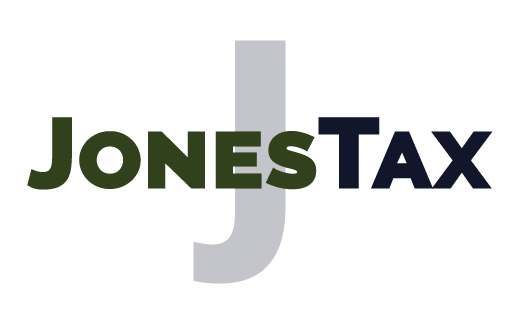When the IRS first announced the extended deadline for 2019 federal income tax returns, July 15, 2020 seemed like a lifetime away. But now that we are approaching the end of that automatic extension, it’s important not to lose track of time. Here’s what you should know about the changes to this tax filing season and coronavirus relief and stimulus packages.
There’s Still Time to File
Taxpayers are being urged to file as soon as they are able, but basically everyone has until July 15, 2020 to complete their taxes. The IRS extended the deadline for 2019 federal income tax returns, payments, and 2020 estimated payments for individuals and businesses to July 15, 2020. Most state tax deadlines have followed suit, but a few have different deadlines. You can find a link to your state’s tax agency here to view specific deadlines and guidelines for your state. You now also have until July 15, 2020 to make contributions to your IRA for 2019.
This extension was automatic and applies to all taxpayers so there’s nothing that you need to do to receive it. However, if you need additional time beyond the July 15 extension, you would need to file for an extension using the Form 7004.
The extension of the deadline is not expected to delay the process of refunds.
There’s Still Time to Pay
The federal tax filing deadline extension also applies to tax payments. So, if you owe taxes to the IRS you now have until July 15, 2020 to pay. There will be no penalties or interests collected on payments postmarked on or before July 15, 2020. The deferment applies to all taxpayers, individuals, trusts and estates, corporations, other non-corporate tax filers and those who pay self-employment tax, regardless of the amount owed. This deferment includes 2020 first and second quarter estimated tax payments, that are typically due on April 15 and June 15.
If you need more time beyond the July 15 deadline, you can file for an extension. An extension will give you until October 15, 2020 to file your taxes, but to avoid receiving penalties and interest on amounts owed, your payment will still need to be received by July 15.
The Stimulus Package Was an Advance on Your 2020 Tax Rebate
The President signed a $2 trillion stimulus package that was to provide financial relief to individuals, families, and businesses into law on March 27, 2020. Part of this stimulus package included an advanced tax rebate for taxpayers. According to the IRS, about 80% of Americans qualified to receive full or partial stimulus payments through the CARES Act.
You have likely received your stimulus check by now which was up to $1,200 for individuals, $2,400 for joint taxpayers, plus an additional $500 for each qualifying child.
Stimulus payments were based on your most recent tax filings, either 2019 if you have already filed this year or 2018 if you had not yet filed this year. Either way, it was an advance on your 2020 tax rebate, so it will be reconciled on next year’s tax return based on your 2020 filings to make sure you received the right amount.
So, the big tax question here is, does that mean you’ll have to pay it back next year? No. If you were overpaid and received more than you should have based on your 2020 taxes, you will not have to pay it back. However, if you were underpaid and received less than you should have, you may receive more credit with your 2020 return.
Scams Exist
We hate to say it, but it’s true. There always seem to be people trying to take advantage of the situation or individuals and you need to be on the lookout for fraud and scams related to COVID-19 tax relief and stimulus payments. Any federal economic impact payments will come directly from the IRS. No one else, not even state departments have a role in issuing any federal payment. And remember the IRS will never call, text, or email you to verify your banking information. For more information on how to spot a scam, visit the IRS Tax Scams and Consumer Alerts.
Things Keep Changing, But We are Here to Help You
As we continue to navigate these unprecedented times, changes to taxes and relief in response to Coronavirus continue to evolve. Unemployment benefits have been increased. Non-profits, self-employed individuals, and contractors may be eligible to receive assistance. Employers, including self-employed, may be eligible to delay the payment of the employer portion of the Social Security payroll tax for the rest of this year. You may even be able to withdraw money from your retirement play without facing the 10 percent early withdrawal penalty.
There have been a lot of changes. It’s confusing and hard to stay on top of all the information. But we are here to help you. If you need any assistance filing your taxes, filing for an additional extension, or just navigating these changes and what they mean for you as an individual or small business owner, contact us today to talk with Tyler Jones about your tax situation. You can give us a call at (320) 327-8409 or send us a question online for a no-obligation consultation to see what the next step is.
Information contained in this blog is not to be taken as legal, financial, accounting or tax advice.

